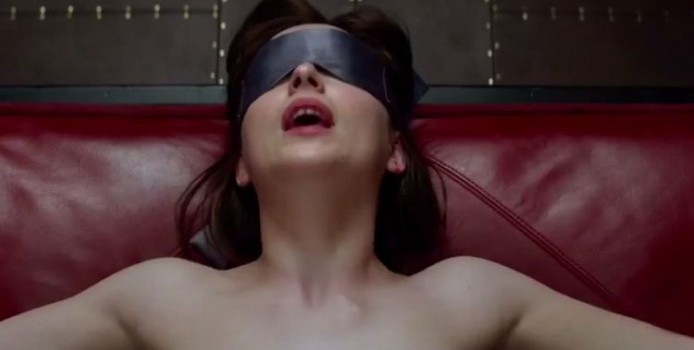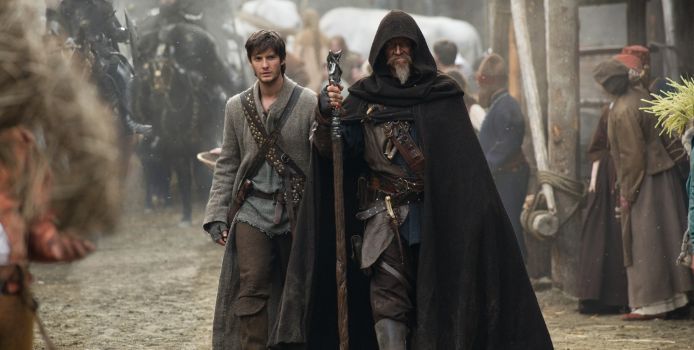based on book
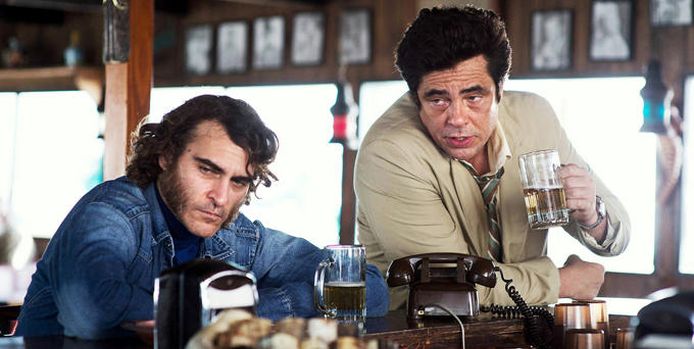
If it were not for Paul Thomas Anderson, there is a (very) good chance I wouldn’t be interested in writing about movies. It is because of his films that I take time to write for this humble little website. When I was a high school senior in 2009, my interest in movies inflated dramatically, and I watched a movie just about every night.
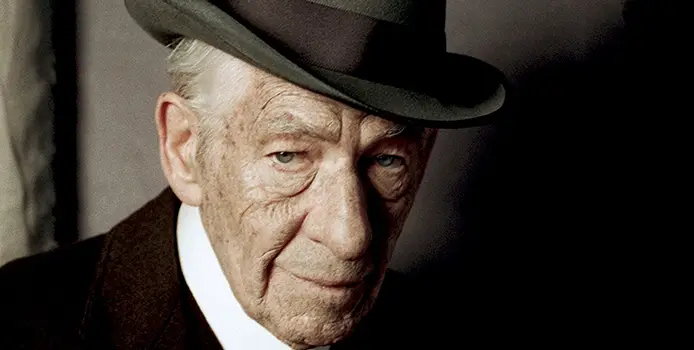
There is something so endlessly fascinating about the character of Sherlock Holmes that prevents him from ever becoming boring to audiences, no matter how different Arthur Conan Doyle’s detective creation is to the pop-culture tastes of the time. The source material is so undeniably entertaining that even if it gets revised as an action blockbuster, as seen in Guy Ritchie’s two recent movies, or transplanted into the modern day, on Steven Moffat’s BBC series, it never loses any of its original charm. No matter how unique a new adaptation of the stories may be, Doyle’s stories are so widely revered that nearly every adaptation of them remains faithful to the essence of the characters, even if they may take a few liberties.
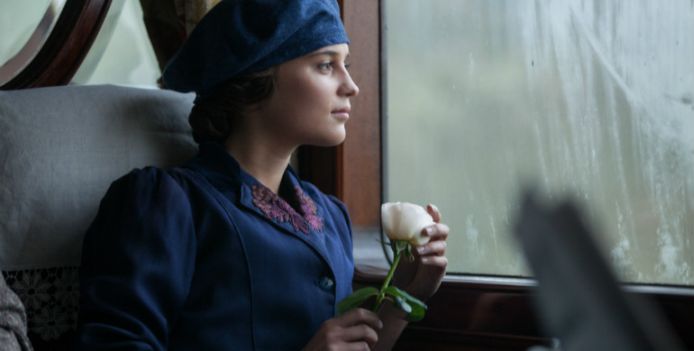
Testament Of Youth is based on Vera Brittain’s memoir of the same name. Her book pays homage to her own losses while growing up during World War I, but also the great loss felt by her generation. Brittain’s book is perhaps unique in that in the UK we are often told about the loss of life during the war.
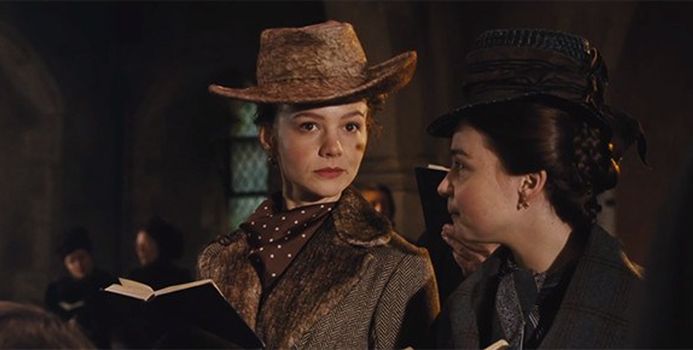
Every now and again, a movie adaptation of a novel is made by the perfect directorial fit for the source material, that helps it stay true to the original text and create a new visionary approach that helps it stand on its own two feet as a distinctive work of art. Danish director Thomas Vinterberg has had an eclectic career, yet is mainly renowned for his two emotionally fraught dramas about the devastating effects of child abuse, his 1998 debut Festen (The Celebration) and his previous feature, 2012’s magnificent The Hunt. These movies are excellent in how they don’t spare the viewer from the histrionic emotions that engulf the characters and completely ruin their lives – The Hunt, starring the always-fantastic Mads Mikkelsen as a primary school teacher wrongly accused of abusing a pupil, could easily draw comparisons with Thomas Hardy.
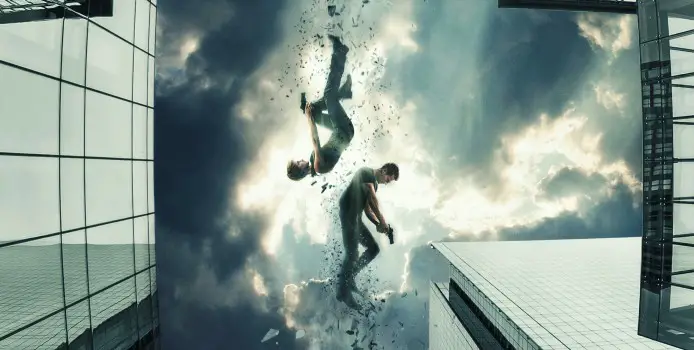
I had read Veronica Roth’s Divergent before the adaptation sauntered onto cinema screens, heralded as the next The Hunger Games, and what I discovered was that I preferred the film to the book. There was more action on show, and I felt that the film fixed many of the things I found problematic with the book’s narrative. So when I discovered that the book of Insurgent didn’t impress, I decided to bypass it and wait for the film.
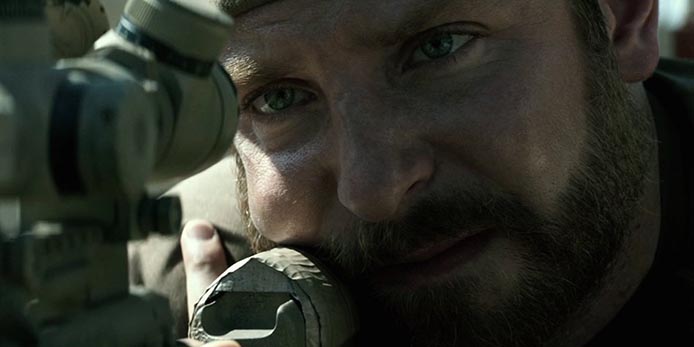
When the Oscar nominations rolled in on Thursday, perhaps the biggest surprise – other than the snubs for Selma – were the six nods including Best Picture and Best Actor for American Sniper, a movie which few expected to be in the running after getting no attention from the Golden Globes or BAFTAs. There was an even bigger surprise a few days later, when it was announced that the film drew in a stunning $89 million in its opening weekend, which is more than most of last year’s summer blockbusters. The Iraq War drama snuck up on the awards race out of nowhere, and shattered January box office records beyond all expectation.

Pretty much every big screen reboot of a beloved childhood TV show has been terrible. Yet for people with a certain nostalgia for it, they will end up loving it regardless of quality. I never watched the Teenage Mutant Ninja Turtles when I was growing up, which is why I can recognize that the recent Michael Bay-produced reboot is terrible, but a worrying amount of people I’m friends with can’t see it as anything other than an extension of what they loved when they were younger.

The Theory of Everything is the story of Stephen Hawking, reflecting his life from his early 20’s until decades later after he had become a world icon. It is at times overly romanticized, and tends to overlook certain elements of Hawking’s disease in order to instead focus on the obvious triumphs of his life. It is still a worthy film, though, and this is mostly due to Eddie Redmayne’s fantastic performance.

Every year when Oscar season rolls around I become an increasingly cynical person. I stop enjoying the movies I’m watching and instead start to tick off the list of tropes I see in a game I like to call “Oscar-bait Bingo.” In the coming months, cinema screens worldwide will be treated to my two least favorite Oscar-baiting sub-genres:
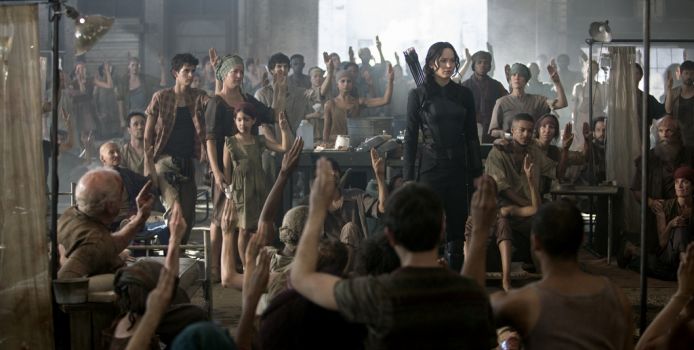
As much as I love movies, I’m completely against the franchise bandwagon. Every time I hear about a movie I love having a successful opening weekend at the box office I get a sense of impending dread that they are going to ruin my memories of it with a plethora of inferior sequels. Even though I grew up on the Harry Potter and Lord of the Rings franchises, both the books and the films, I’m not feeling nostalgia so much as cynicism whenever a prequel is announced or released.
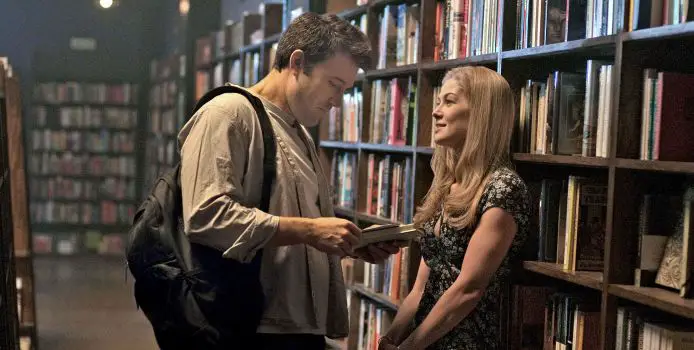
If the media blitz preceding its release is anything to go by, Gone Girl is being pitched as brooding, twisty, and somewhat orthodox whodunnit. If you buy a ticket expecting just that, you won’t be disappointed. David Fincher’s film, based on Gillian Flynn’s novel of the same name, has all the shifty intricacies you’d hope for in a thriller.
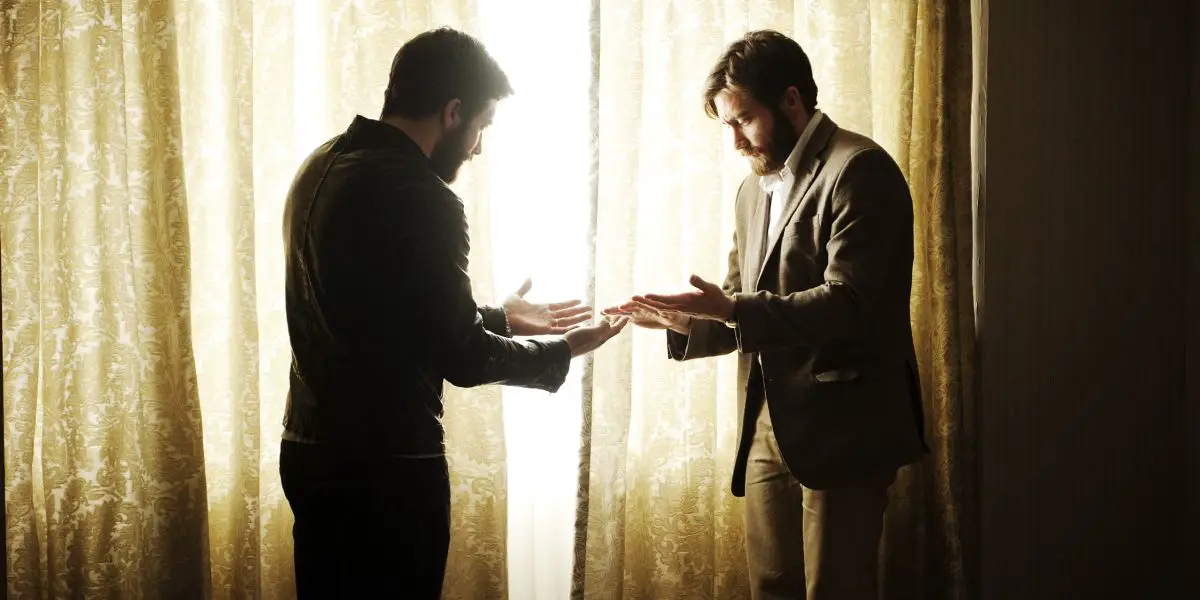
Last year, Denis Villeneuve directed one of the most pleasant surprises of the year with Prisoners, an unrelentingly tense film about child abduction that presented intriguing moral questions while also providing satisfying twists and turns throughout. That filmed starred Hugh Jackman and Jake Gyllenhaal. Gyllenhaal has teamed up with Villeneuve again in Enemy, a much smaller and much, much more mind-bending film than Prisoners.


